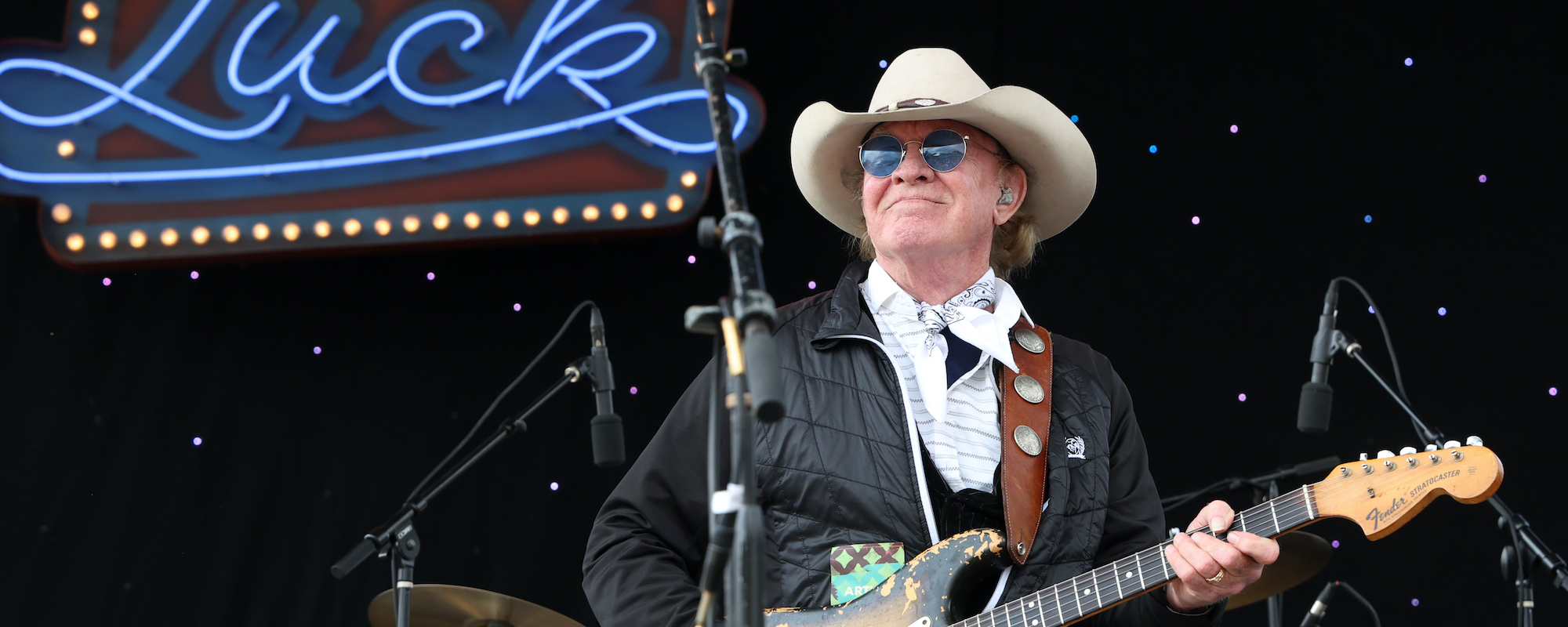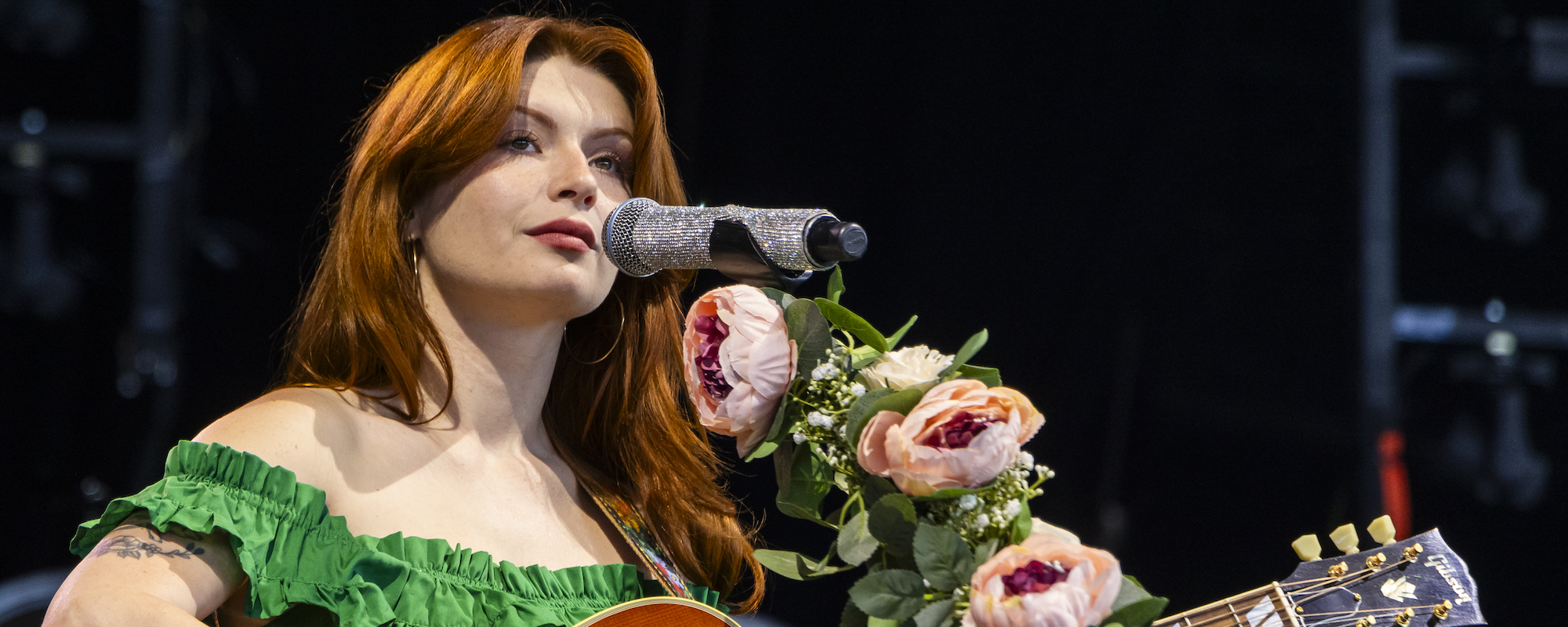Baylor University, the world’s largest, most prestigious Baptist university and country legend Willie Nelson’s alma mater (for one spring quarter, anyway), banned the musician from performing on its campus in 1988. Shockingly, that ban is still in effect well into the 2020s—decades later.
Videos by American Songwriter
The Waco, Texas, university first banned the musician after he was set to headline a benefit concert for the neighboring town of Leroy after the small community’s uninsured bank busted, causing most of the town’s residents to lose their entire life savings. So, why would the university ban a major celebrity and former student from performing a local benefit show?
It’s a fair question—and one that the school opted not to answer directly.
The Vague Reasoning Behind Baylor University’s Original Ban
Willie Nelson was at the height of his career when Baylor University banned the musician from performing on campus, resulting in understandable pushback from disappointed Nelson fans. In a 1988 interview with Eugene Baker, executive assistant to then-President Herbert H. Reynolds, the university official spoke in general terms and refused to cite any specific reason for the divisive ban.
“Our president, in looking over the entire situation, felt that Mr. Nelson has had great opportunity to be a positive influence to many young people, as well as older people throughout America in a positive way, but he has not availed himself of this particular opportunity,” Baker told the interviewer. “And therefore, because of this, we felt that his type of concert would not be suitable for our campus” (via the Texas Archive).
The executive assistant insisted the decision had nothing to do with the university’s opinion of Willie Nelson’s talent, and he vehemently denied that the institution was accusing the country star of any wrongdoing or moral ineptitude. However, he did imply that Baylor University’s religious affiliation requires the school to be more selective over the speakers and performers who visit their campus. A Willie Nelson concert, Baker argued, “was not harmonious with our purposes and our goals as a Christian institution.”
Baylor University Refused To Give Specifics On Their Decision
Throughout the interview documented on the Texas Archive, Executive Assistant Eugene Baker becomes visibly uncomfortable more than once as he tries to divert the interviewer’s question back to the university president’s official statement. At one point, Baker tried offering a glib, “Just because he performs one place doesn’t mean he’s entitled to perform every place. How’s that?” By the end of the video, the official said, “We will probably be here all day because I will continue to speak in general terms, and you will continue to request specifics.”
And indeed, Baker stuck to general terms during the questioning. It’s unclear whether the university was uncomfortable with Nelson’s association with marijuana, alcohol, arrest history, or otherwise. At one point, Baker mentioned that Nelson hardly acknowledged his months-long tenure at the university and vice versa, implying that neither Nelson nor Baylor University felt they had a relationship with the other. The official repeatedly offered his support for the community of Leroyn, which stood to benefit from the banned performance.
Surprisingly, the Baylor University ban against Willie Nelson is still in effect as of this writing. An organization called Free Willie started a petition to now-President Linda Livingstone in November 2019 on Change.org. At the time this story we published this story, the petition only had 57 out of 100 signatures. While it’s unclear whether the Christian university will ever change its stance on Shotgun Willie, this does make for a titillating bit of Willie Nelson lore.
Photo by David Redfern/Redferns













Leave a Reply
Only members can comment. Become a member. Already a member? Log in.